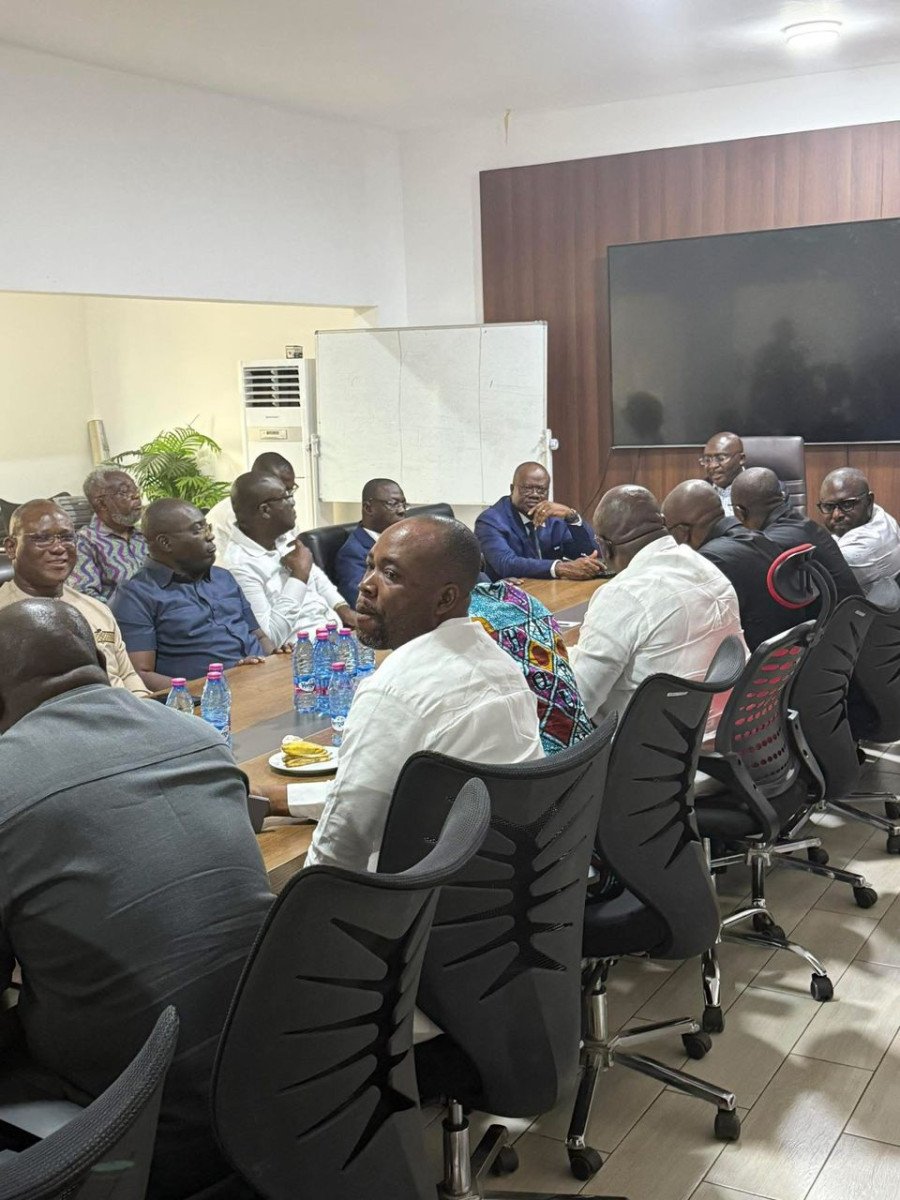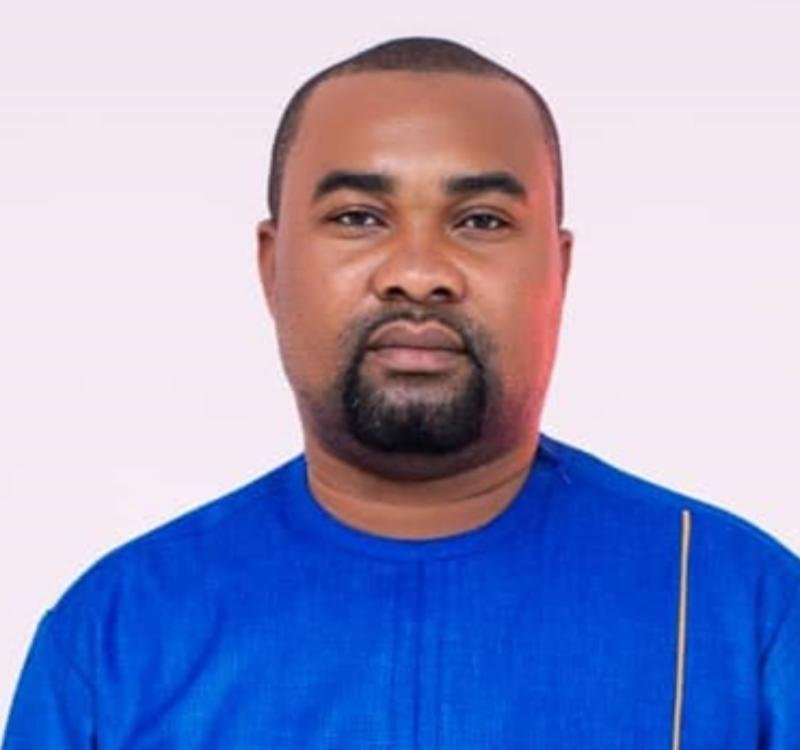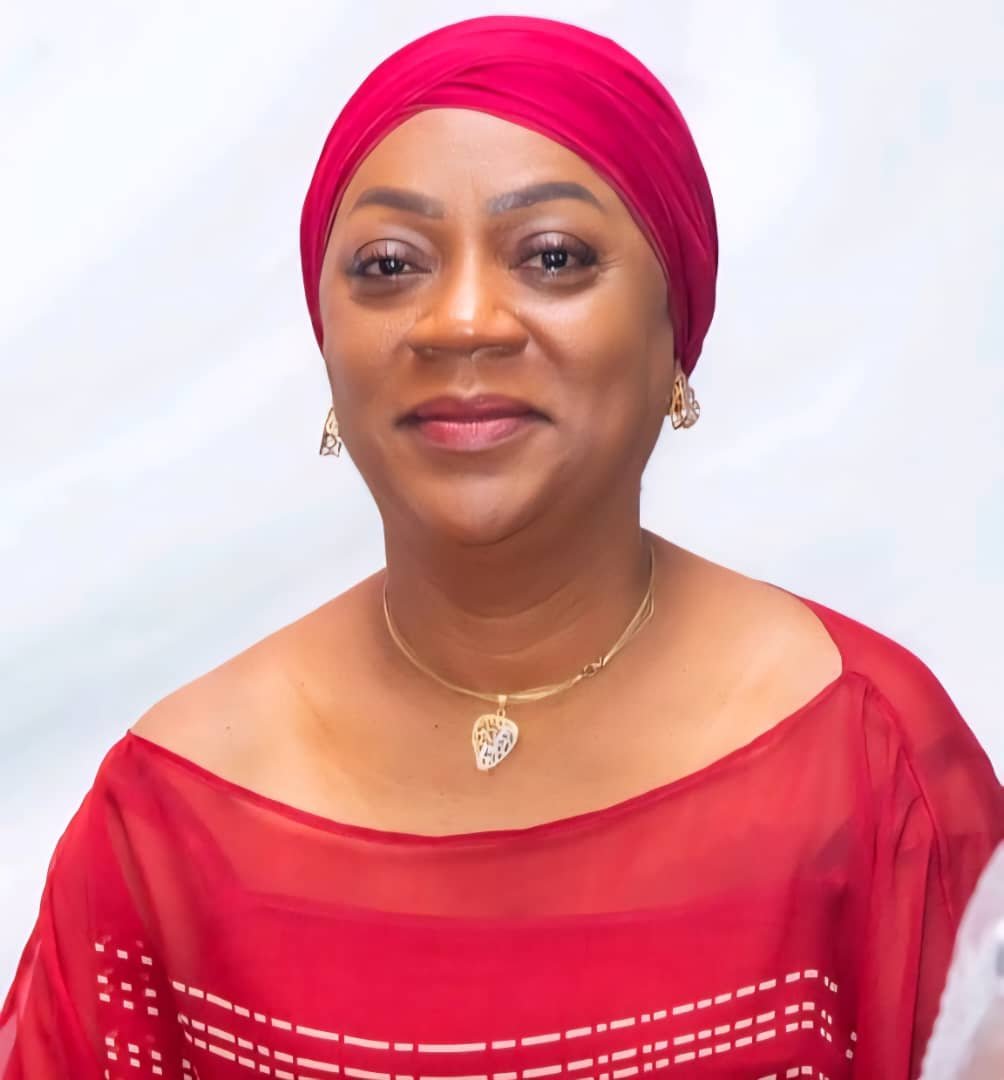Investigative journalist Anas Aremeyaw Anas and former Member of Parliament for Assin Central Hon. Ken Ohene Agyapong have been embroiled in a long-standing public and legal battle, with Agyapong being a fierce critic of Anas’s investigative methods. In 2018, Agyapong released a controversial documentary titled "Who Watches the Watchman?" in an attempt to discredit Anas’s work. Now, has the legal dispute resulted in the reported verdict or settlement?
After the jury’s verdict last Thursday at the Essex County Superior Court in New Jersey, the jury awarded $5 million for presumed damages, another $5 million in compensatory damages for reputational harm, and $8 million in punitive damages. This is totals the $18 million in damages.
If you will take the time to find out and examine what Anas submitted to the Essex County Superior Court in New Jersey regarding former Vice President Dr. Mahamudu Bawumia and former President Nana Akufo-Addo, you will realize that caution is always better than premature celebration. His statements have the potential to send ripples through Ghana’s political landscape (NPP), yet the real implications seem lost on those who are too quick to celebrate, judge, and make merry.
Rather than viewing this as a legal victory or a moment of vindication for Anas, members of the New Patriotic Party (NPP) should be paying closer attention to the method and motive behind Anas’ actions. His use of tabloid-style judgment dissemination is not just a tool of journalism—it is a calculated strategy to control public perception. The question then arises: if this was truly a matter of justice, why was the judgment not made public from the outset? Why rely on press releases and controlled media narratives instead of allowing the evidence to speak for itself?
Shaping perception
Anas’ modus operandi has always relied on the power of public opinion. His work thrives not just on uncovering wrongdoing, but on the ability to frame those wrongdoings in a way that influences how people react. That is precisely why he opted to use select media outlets rather than presenting the judgment in a straightforward manner. If there was indeed a solid legal basis for his claims, why not publish the full judgment immediately? Why release bits and pieces through targeted news platforms?
This method is not new. It has been observed time and time again, particularly in cases where Anas has sought to expose corruption within the Ghanaian system. His carefully curated exposés have sparked public outrage, but they have also left room for questions about whether justice is truly his primary goal or if he is engaged in a broader political game.
In court, his remarks about Bawumia and Akufo-Addo are not just incidental—they were deliberate. They were meant to paint a picture of a compromised judiciary, a corrupt executive, and a ruling party that supposedly bends the law to protect its own. This should serve as a wake-up call to the NPP. Anas is not just investigating corruption; he is controlling the story in a way that places the government on the defensive.
Allegations, bigger political picture
Anas claims that the judiciary under the NPP government has been manipulated to favor key figures such as Hon. Kennedy Agyapong. According to him, the fallout from his "No. 12" documentary, which exposed corruption in Ghanaian football, had a direct impact on judicial decisions—especially the ruling in Agyapong’s case. He suggests that political influence shaped the outcome rather than a fair legal process.
Parlrticularly, for the ruling l National Democratic Congress (NDC), this feeds perfectly into their long-standing narrative. They have consistently labeled Ghana’s judiciary as "Unanimous FC," implying that judges repeatedly deliver rulings that align with government interests. Anas’ latest claims will only reinforce that perception among opposition supporters and undecided voters.
The timing is also worth noting. NPP is now preparing, reorganizing and restrategising from the 2024 election loss, toward the 2028 election. And every major political revelation has the potential to shape voter sentiment. The NPP must therefore recognize that this is not just a legal matter—it is a political weapon being wielded with precision.
Legal landscape
One critical distinction that is often ignored in such debates is the difference between Ghana’s legal system and those of other jurisdictions, particularly those that operate under jury trials. In Ghana, civil and non-capital criminal cases are generally decided by a single judge rather than a jury. This means that the supposed judicial bias Anas speaks of must be viewed through the lens of Ghana’s unique legal framework.
Judges are trained legal professionals who rely on statutes, legal precedents, and case law to make decisions. Unlike jury trials, where a panel of ordinary citizens might be swayed by emotion or public sentiment, Ghanaian judges are expected to apply the law based on legal principles. The claim that a single judge was politically pressured to rule in favor of a government figure is, therefore, a serious accusation—one that requires more than just media narratives to substantiate.
Discernment
The key takeaway here is that sensationalism should never replace facts. If Anas possesses legitimate evidence of judicial manipulation, he should present it in a courtroom rather than through press releases. Relying on selective media dissemination only raises doubts about the integrity of his claims.
For the NPP, this moment requires a strategic response. Rather than ignoring these narratives or assuming they will fade away, the party must proactively engage the public with facts, legal clarifications, and a strong defense of its record. Failing to do so will allow Anas and his media strategy to dictate the conversation.
More broadly, Ghanaians must learn to approach such revelations with critical thinking. Investigative journalism is crucial in any democracy, but it must be held to the same standard of accountability that it demands from others. If justice is the goal, then the process should be transparent, free from selective exposure, and above all, rooted in verifiable evidence.
Anas’ latest statements may have energized some sections of the public, but they should serve as a cautionary tale for the NPP. This is not just about exposing corruption—it is about controlling the political narrative. And if the ruling party fails to recognize this, it may find itself playing defense in a battle it never saw coming.








